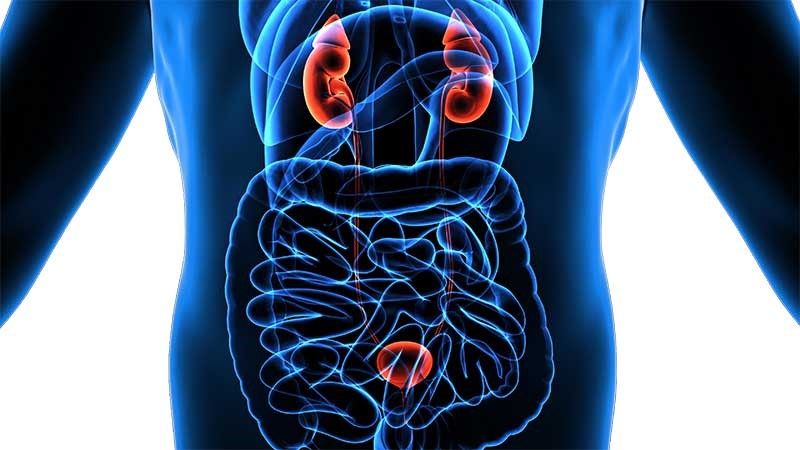
A significant number of people don’t pay attention to their health until something goes wrong. They continue to practice unhealthy habits, including poor diet, without understanding the magnitude of the negative impact it may be having while their overall health deteriorates.
We understand that living a healthy lifestyle is often difficult and tedious for many when fast food is so convenient, and delicious. And while partaking every now and then at your local Whataburger won’t hurt you, you can’t do it every day and stay healthy.
Most people don’t realize that making small yet impactful changes in diet and exercising regularly are better than living with chronic conditions or undergoing extensive surgeries. For example, simply drinking more can help you with a myriad of skin issues, aid in digestive health, reduce headaches caused by dehydration, and more.
Before we talk about improving urologic health, you should understand that a person’s urinary system comprises several muscles and organs that work cohesively to produce, store, and eliminate urine. Since our urinary system plays such a significant role in maintaining the balance of water and chemicals in our body, it is important to maintain good urologic health. Here are a few tips:
1. Slowly change to, then stick to, a healthy lifestyle
The best way to achieve a healthier lifestyle is to consume a balanced diet—one rich in whole grains, vegetables, lean proteins, and fruits. Avoid processed foods, sugars, and unhealthy fats to limit excessive free radicals and inflammation.
A healthy lifestyle doesn’t mean being on a strict diet. It includes indulging in your favorite foods but eating everything in moderation. Specialists recommend exercising regularly; from moderate aerobics to strength training, a steady workout routine can be an important part of your day.
2. Limit caffeine intake
While experts recommend staying hydrated at all times, they also agree that water helps flush out toxins from our bodies, thereby reducing the chances of developing kidney stones. This doesn’t include sugary sodas or energy drinks. Plain ol’ water is best.
But water doesn’t have to be boring. Try infusing the water with fresh citrus fruits or mint to enhance its taste. Its also crucial that you watch your caffeine-laden drinks, such as coffee, as they can make you dehydrated.

3. Practice healthy bathroom habits
Avoid holding your urine for too long, as it can lead to incontinence issues. You should ensure that your bladder empties completely every time you use the bathroom; not doing so can lead to infections. It’s healthy to wipe the genital area to avert the risk of bacteria that cause urinary tract infections.
4. Kegel your way to stronger pelvic floor muscles
Research reveals that women, in particular, are more prone to developing urologic conditions, especially when their pelvic floor muscles are weak. Kegel exercises can help keep your body healthy and strong while supporting your bowel and bladder movements.
5. Get regular prostate exams
Men’s prostate glands typically increase in size as they age, leading to enlarged prostate disease or benign prostatic hyperplasia. Getting regular screenings can help catch prostate cancer and other illnesses early and prevent them from becoming dangerous. In many cases, early diagnosis can make treatments more effective and eradicate a problem completely.
Whether you’re experiencing sexual problems or persistent pain, increased frequency or urgent need of urination, blood in your urine, or other changes in your urinary patterns, consult a urologist, who can help you diagnose any urologic issues and start treatment as soon as possible.

If you’ve never visited a urologist, now is the time to get in touch with one at one of the leading hospitals in Houston, Houston Physicians’ Hospital.
You’ll find a list of licensed urologists who have the extensive experience of diagnosing and treating a wide range of specialty-specific disorders, including urologic problems.
Visit our website to find a doctor who’s right for you and to learn more about possible treatment plans.

